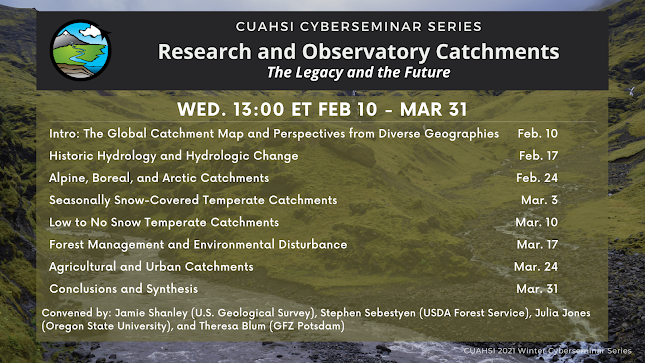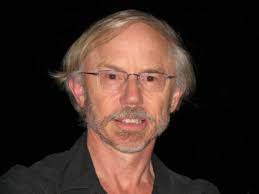Landscapes Live Thursday 25th February: Allison Pfeiffer
Dear all, We are very pleased to announce our third “Landscapes Live” online seminar of 2021 by Allison Pfeiffer (Western Washington University) that will occur this week on Thursday 25th February at 7 am PST / 10 am EST / 3 pm GMT / 4 pm CET on: “ Sediment supply controls river bed (in)stability in the Pacific Northwest ” Abstract: Gravel river channel beds aggrade and incise through time via the process of coarse sediment transport and in response to temporal variation in the upstream supply of water and coarse sediment. However, we lack a thorough understanding of which of these (high flow events or sediment pulses) is the dominant driver of channel bed elevation change. This lack hampers flood hazard prediction, as changes to the bed elevation can either augment or reduce flood heights. In this talk, I will explore the drivers of channel change using multidecadal time series of river bed elevation at 49 United States Geological Survey (USGS) gauge sites in the uplands of

